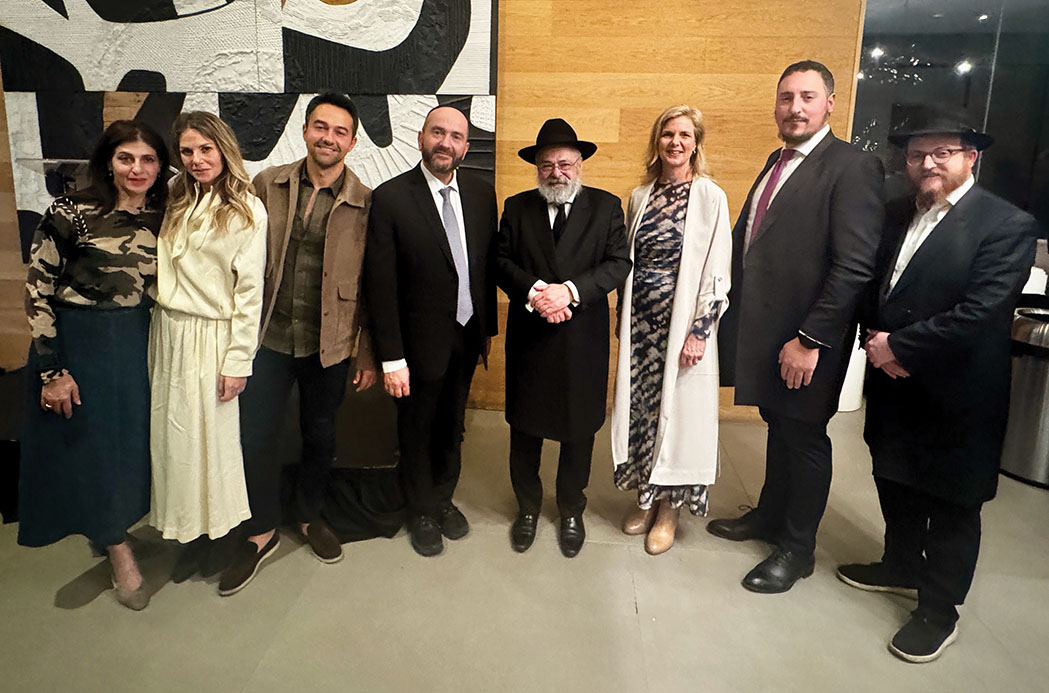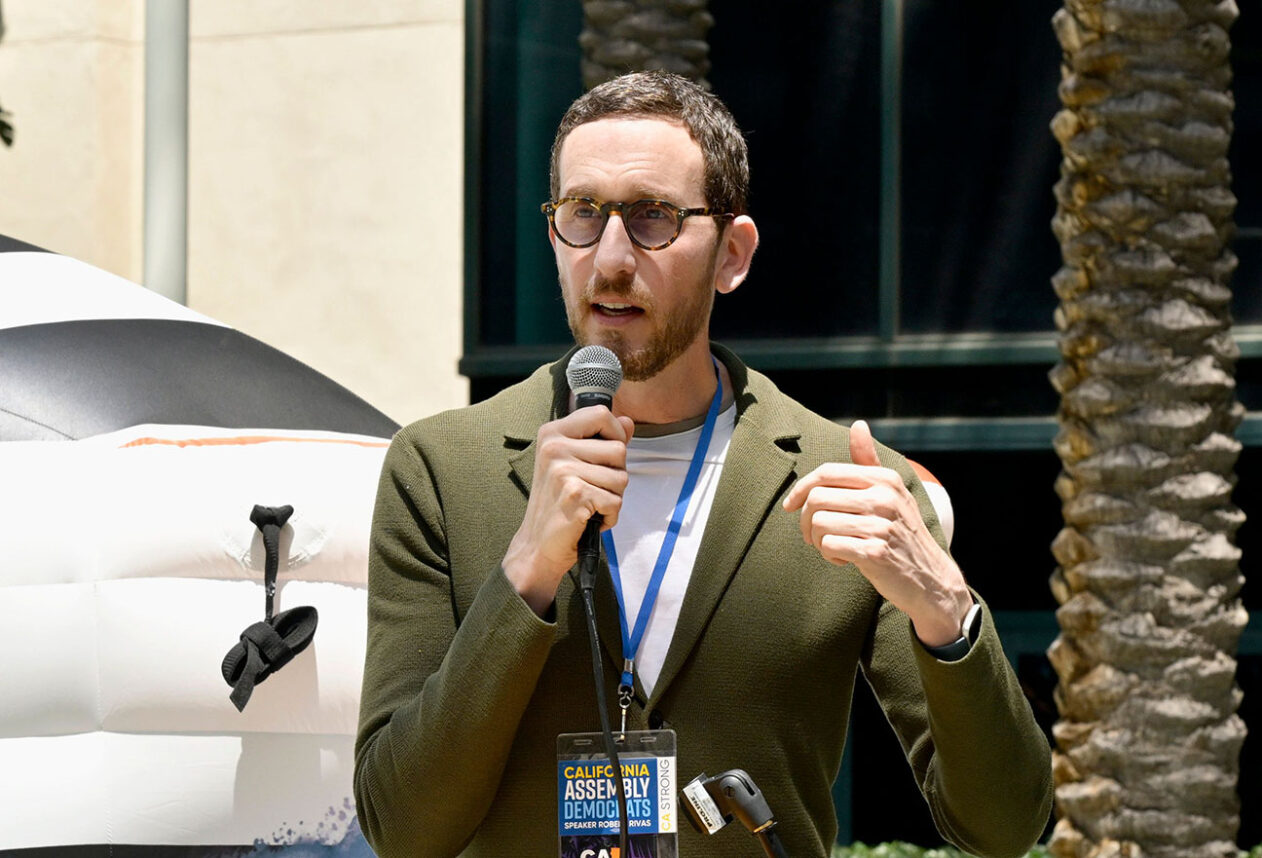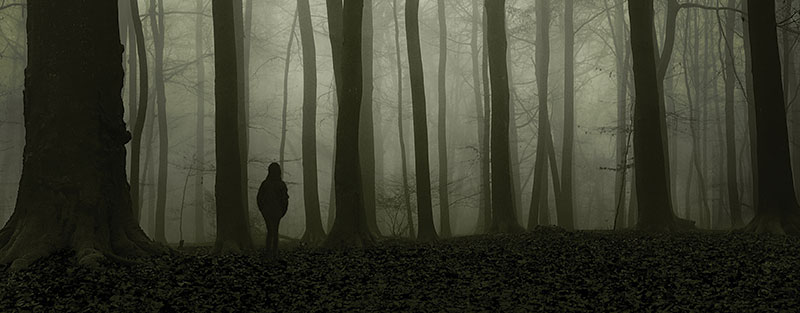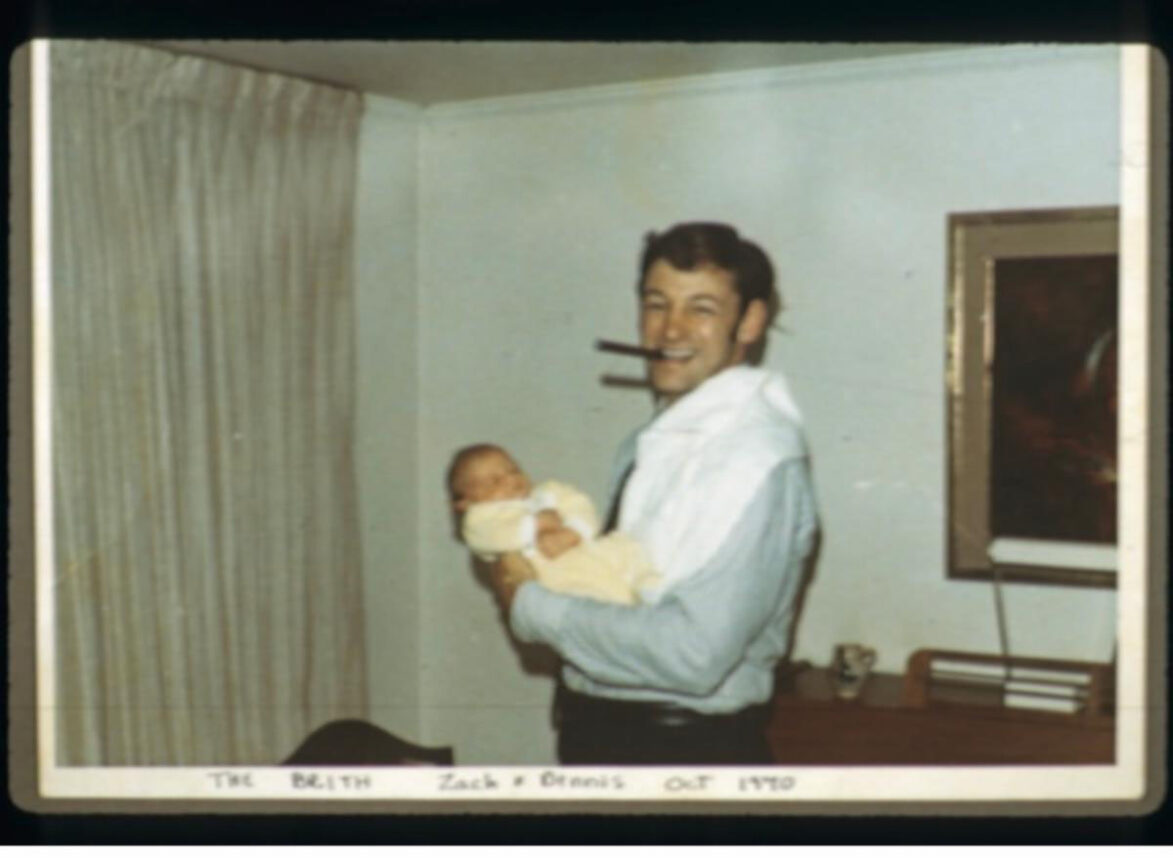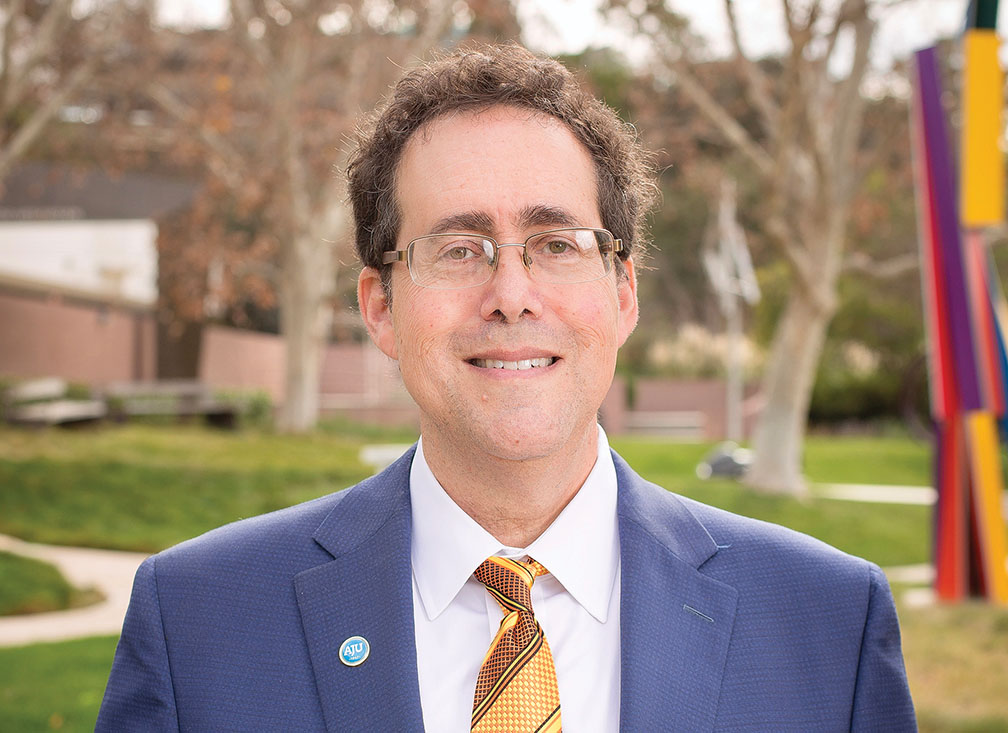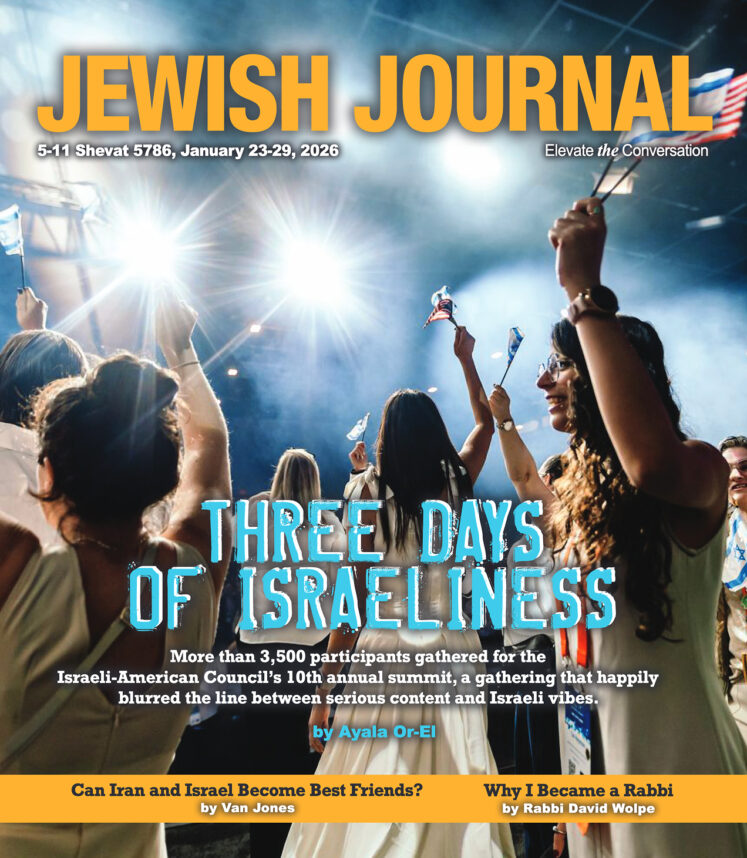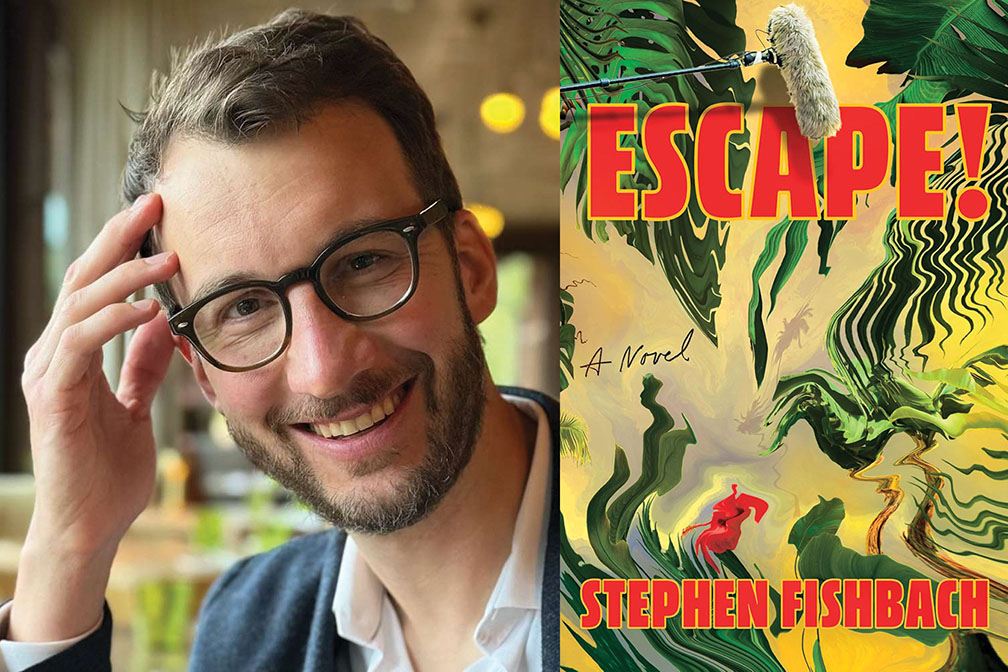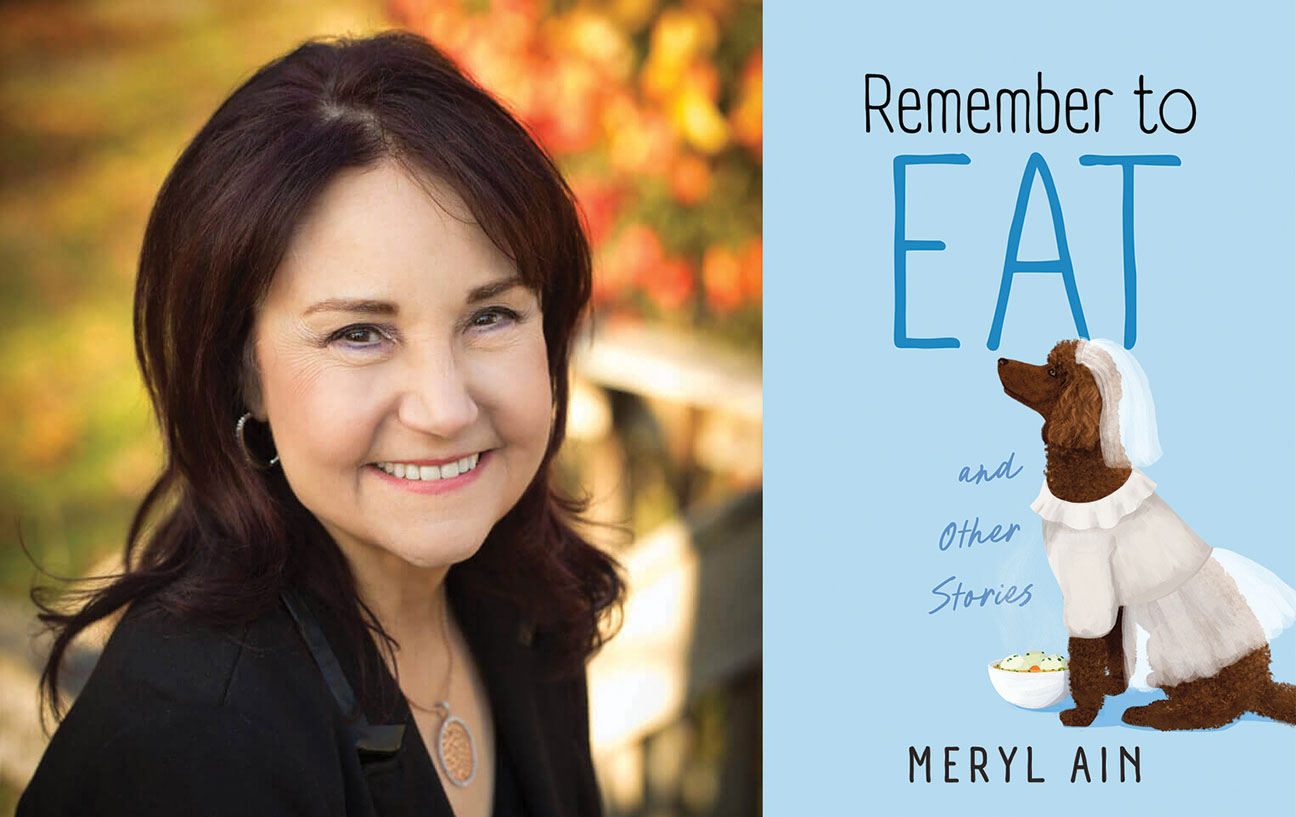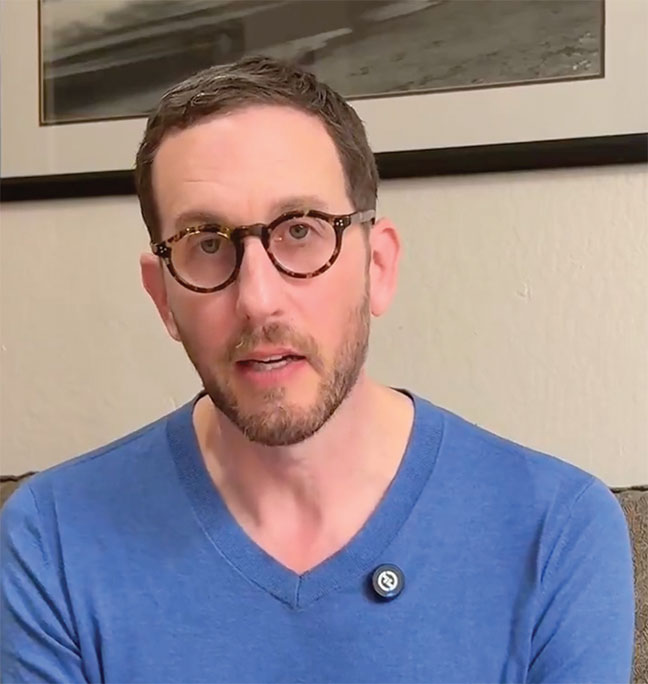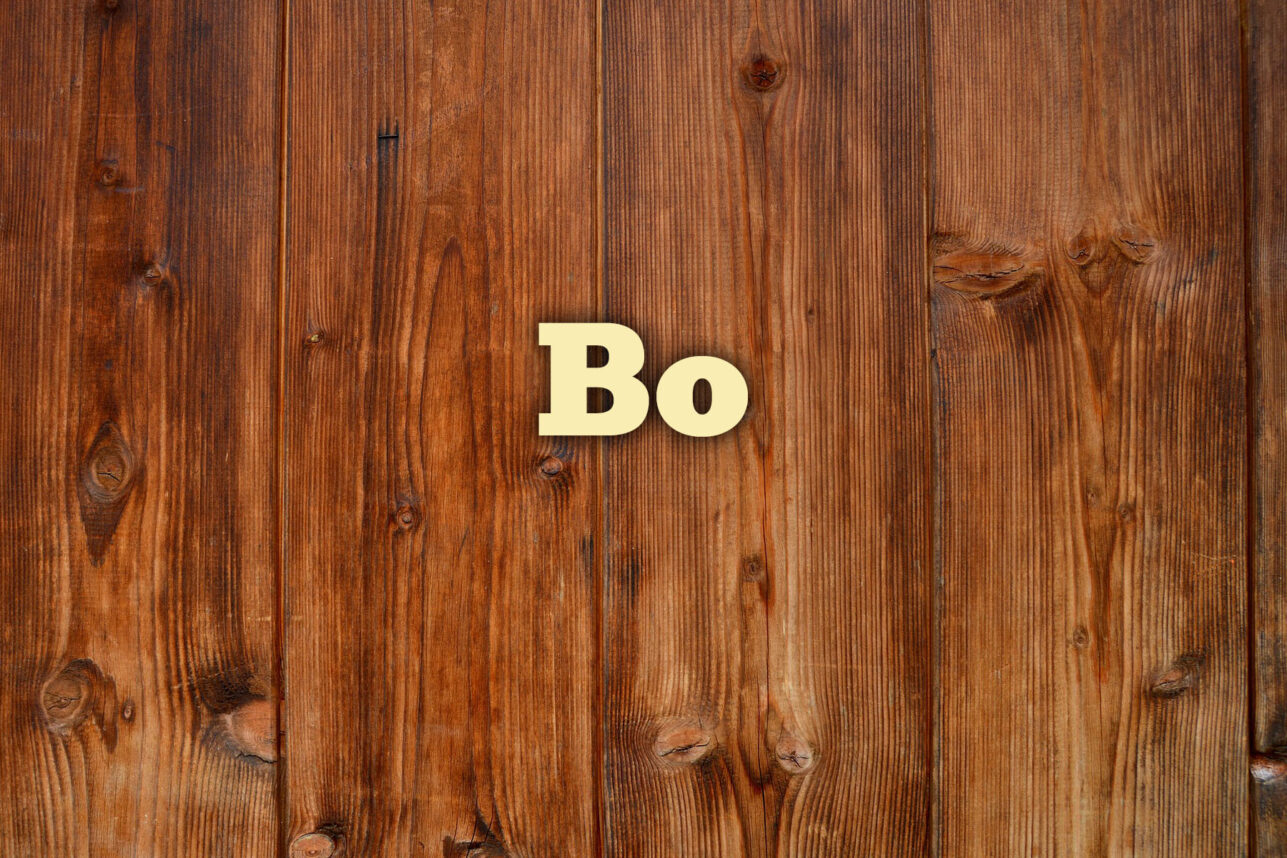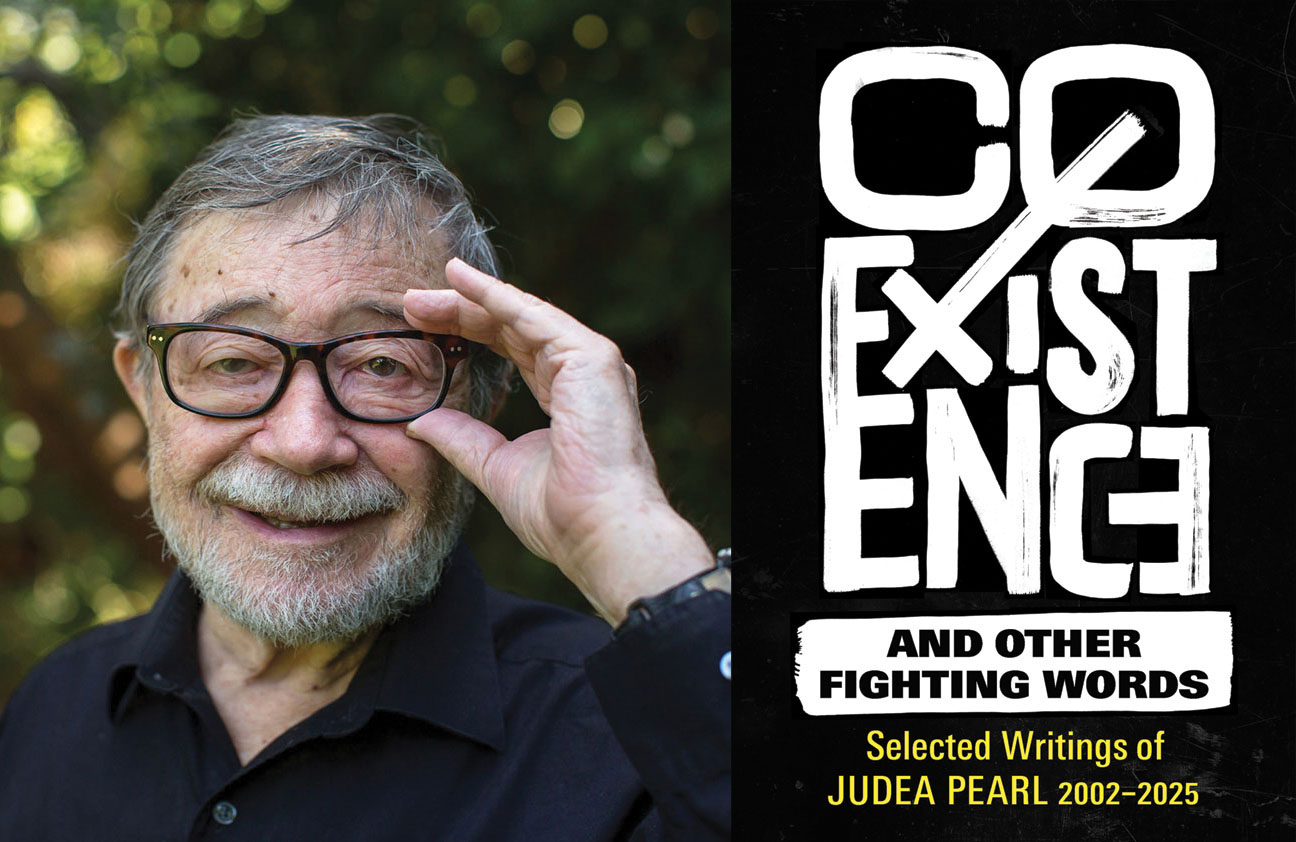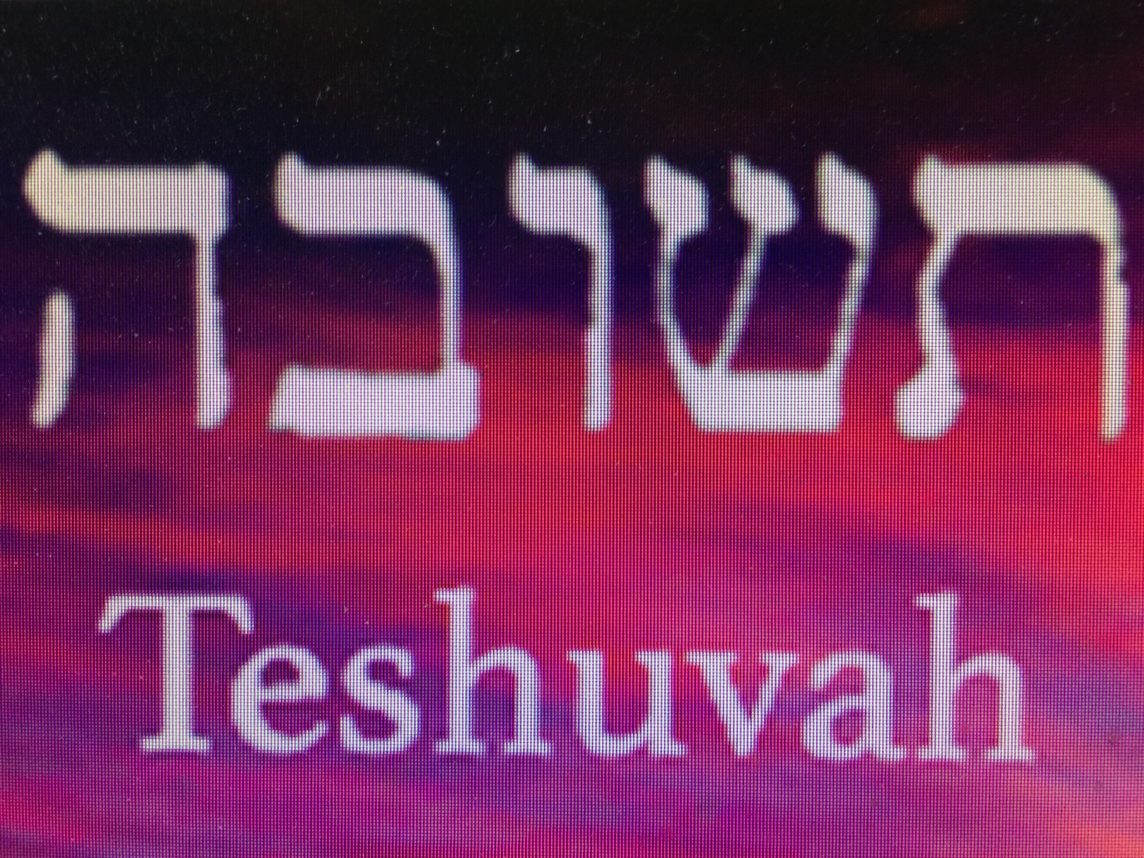
The Great Order
Comment on Shabbat Shuvah – coinciding with Torah portion Va-Yeilekh
The tension between order and chaos is core to every facet of the human moral life. Life is entropy – things fall apart. Life is also striving to put things together. The creation story in the Bible goes from chaos to order and back to chaos.
We are taught in Genesis that the pre-existent state of reality was “tohu va vohu” – an astonishing void. God then says, “Let there be light!” Light enters and creation commences. On the sixth day of creation, the human being is created, equipoised between heaven and earth. On the seventh day, the Sabbath is created, a day of stasis.
The human beings, called “Earth(man) (Ha-Adam) and his woman,” are placed in Gan Eden, “the Garden of Delight,” a garden held in delicate balance with the Tree of Knowledge and the Tree of Life at the center (usually referred to in the story as a single tree). The balance is ensured, apparently, only if the human beings do not consume of the fruit of the Tree(s). The human beings, however, cast this holy arrangement into great disorder when they eat of the fruit. They are banished from the Garden. Ha-Adam calls his woman “Havah” (Eve), as she is the mother of all (human) life. Earth and Life leave the Garden.
The Bible proceeds from that moment of exile. It is as if the “tohu va-vohu” has reentered. Everything had followed God’s command until that moment when the human beings defied the divine order.
Using the biblical symbols and metaphors, we awaken as human beings “east of Eden,” in exile, but knowing that there is a garden from which we have been exiled. Our entire religious tradition is set against the chaos, the entropy. We are aiming to get back to the Garden, to live within the divine order. The Days of Awe, Rosh HaShanah, Yom Kippur and the days in between, are all constructed to get us back to the Garden, to regain the great order.
When something goes out of order in our lives, our attention lasers in. Spouses sometimes need to straighten each other out; parents need to put order into their children’s lives. In most areas of our lives, someone disappoints us or we disappoint them. In the political realm, disorder is everywhere. What specifically is disordered depends on your politics, but everyone agrees: everything is falling apart.
The reflective among us face the disorder within. We accept that we are very likely the disorder in someone else’s life. The nobler souls ask me, “Rabbi, how do I know whether I am the problem or whether they are the problem?”
The word “noble” means, at its core, “being known” (noble comes from the same word root as “know”). A noble person is known for putting what is right above their self-interests. A noble person is more interested in what is true than in what they might happen to think, or what their group thinks. A noble person seeks to restore the order, starting with the self and the truth.
The person who sincerely asks, “Who/what is right?” in a pertinent situation is at the core asking, “What is true?”
How do we arrive at truth? For some, and I include myself here, this might be the core question of human existence.
Perhaps the best metaphor for arriving at truth is the trial. Evidence is presented. Facts and law are introduced. Theories are offered. And 12 righteous people must think themselves into what the law says, what the facts say, and essentially, they ask: what is true?
In our day-to-day consciousness, we all start out as plaintiff or defendant, prosecutor or defense. We accuse and point the finger (sometimes at others, sometimes at ourselves), or deny and shake our heads “no,” before the facts, evidence and law are even discussed.
In reflective states, we aim to arise above “accuse or defend” and ascend into the role of judge: what is the law here? And even higher – we arise into the mind of the juror: starting out impartially, weighing the evidence, understanding the law, and arriving at a decision that is ideally fair, just and true.
In brief: one of the ways that we bring order to our lives is to become our own judge and our own juror, seeking the truth, seeking justice. If we are wrong, we are wrong. If we are right, we are right. We don’t know until the end of the trial.
Of course, life is not as clean as the judgment at the end of a trial. Existentially, we are a mix of guilty and not guilty, innocent and culpable, our lives filled with extenuating and mitigating circumstances.
One of the core themes of the Days of Awe, Rosh HaShanah, Yom Kippur and the days in between is precisely this: bringing order to our lives through rational deliberation into the truth of the matter, the truth of each matter. For just a few days a year, we submit to a trial and face the specifics of our lives. We stop accusing and prosecuting others. We even stop defending. We only want to know one thing: the truth about ourselves. We can handle the truth.
Maybe the truth sets us free, but maybe it also chains us to the hard rock and work of reality. Ayn Rand is paraphrased as having said, “You can evade reality, but you can’t evade the consequences of avoiding reality.” Here is the full quote from a talk “Ethics in Our Time” given in 1961 (we’ll excuse her anachronistic use of “man”):
(Man) is free to make the wrong choice, but not free to succeed with it. He is free to evade reality; he is free to un-focus his mind and stumble blindly down any road he pleases, but not free to avoid the abyss he refuses to see. Knowledge, for any conscious organism, is the means of survival; to a living consciousness, every “is” implies an “ought.” Man is free to choose not to be conscious, but not free to escape the penalty of unconsciousness: destruction.
We are free to avoid the truth but not to avoid the consequences of avoiding the truth. This Shabbat is Shabbat Shuvah, the Shabbat between Rosh Hashanah and Yom Kippur. On this Shabbat, we incline our hearts toward the specifics of the truths of our own lives. We commit ourselves to deeds that will create order out of the great disorder, to the paths that will take us back to the Garden, and to the love of the Divine that greets us in this journey.











